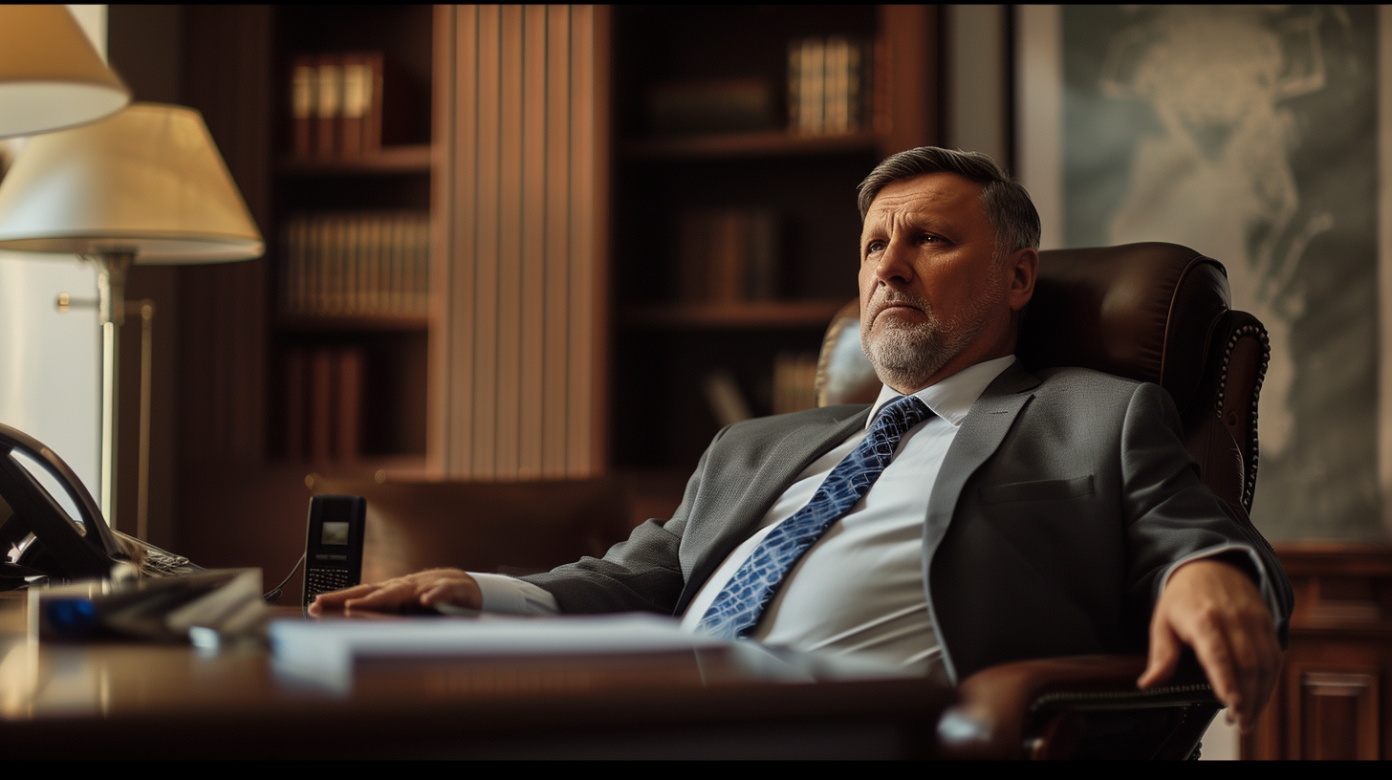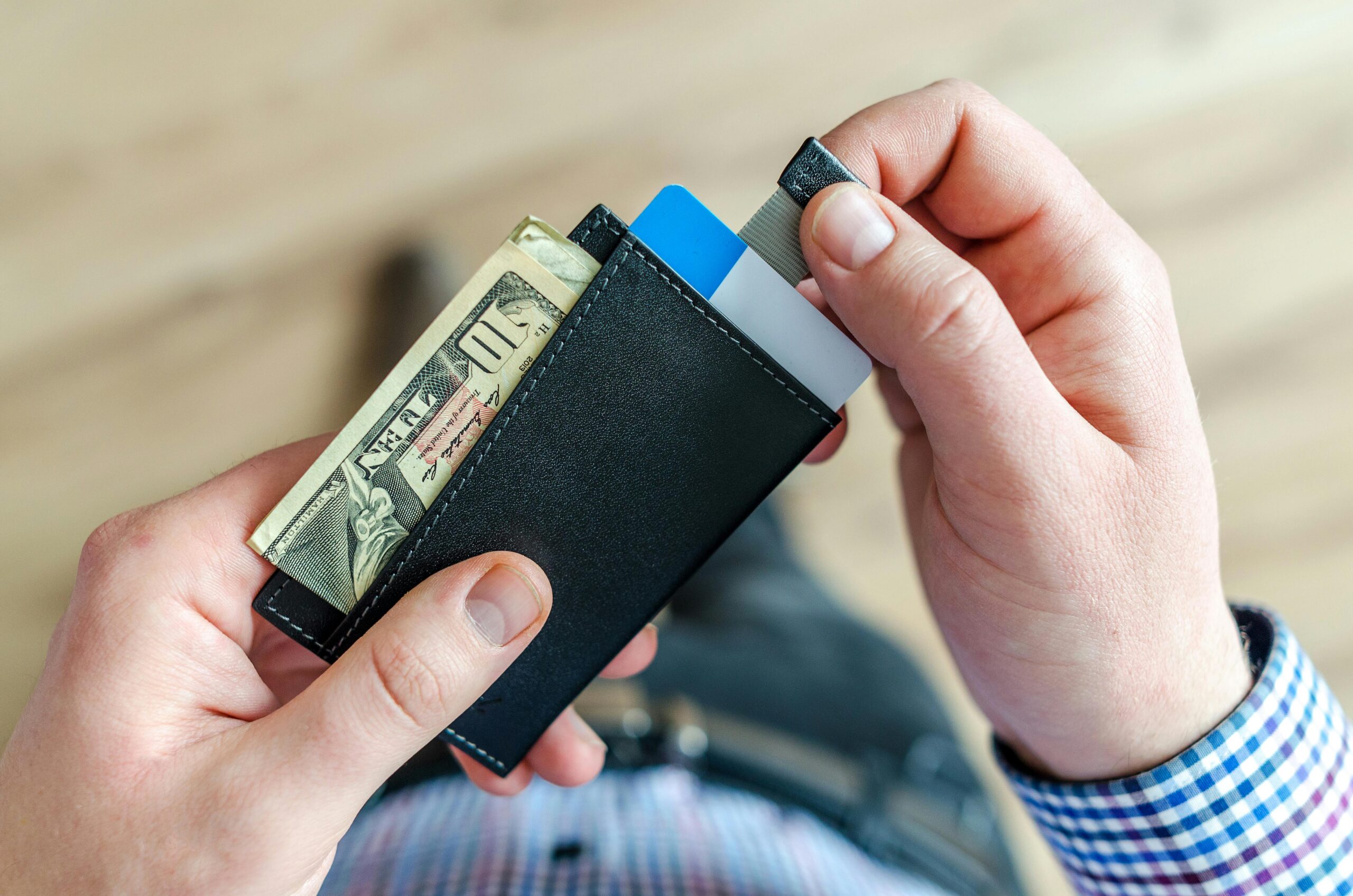In ‘9 Essential Tips: Winning Negligence Car Accident Cases,’ we present invaluable advice for those seeking victory in a negligence car accident case. These tips encompass crucial aspects such as establishing a duty of care and breach of duty, proving causation and proximate cause, documenting injuries, post-accident measures, lawsuit expectations, possible outcomes, compensation types, successful lawsuit examples, negligence elements, the significance of legal representation, building a strong case, hiring a dedicated attorney, gathering and preserving evidence, timely filing of the personal injury case, and cautious communication. Following these tips can significantly enhance your chances of achieving a successful outcome in your Tampa car accident lawsuit.
Key Takeaways
- Negligence is a crucial element in car accident cases and refers to the failure to exercise expected care and caution.
- Four key elements must be proven in a negligence car accident case: duty of care, breach of duty, causation, and damages.
- Gathering evidence such as medical records, accident scene photos, witness testimonies, and expert statements is essential to support your claim.
- Hiring a skilled car accident lawyer is important as they provide expert legal representation, navigate the legal process, gather evidence, and focus on proving negligence.
Understand the Concept of Negligence
First, let’s dive into understanding the concept of negligence by frequently examining our actions as drivers. Negligence is a crucial element in a car accident case, particularly in personal injury lawsuits seeking compensation for damages. It refers to the failure to exercise the level of care and caution expected of a reasonable person, resulting in harm or injury to another individual. When someone’s negligence causes a car crash, they can be held legally responsible for the injuries and damages they have caused.
In a negligence car accident case, the injured party, known as the plaintiff, must prove four key elements. First, they must establish that the defendant owed them a duty of care. This duty arises from the obligation of all drivers to obey traffic laws and drive safely. Second, the plaintiff must show that the defendant breached this duty of care by failing to meet the expected standard of conduct. This breach can occur through speeding, distracted driving, or running a red light.
Next, the plaintiff needs to demonstrate that the defendant’s breach of duty directly caused the accident and resulting injuries. Causation and proximate cause play important roles in establishing this link. Finally, the plaintiff must prove the damages they have suffered as a direct result of the accident. These damages can include medical expenses, lost wages, property damage, and non-economic losses like pain and suffering.
To win a negligence car accident case, gathering verified evidence and seeking skilled legal representation is essential. Time is also a critical factor, as there is a statute of limitations that limits the time within which a lawsuit can be filed. Understanding the concept of negligence and the legal requirements for establishing a finding of fact is the foundation for a successful personal injury lawsuit.
Gather Evidence to Support Your Claim
To support our claim, we need to gather evidence in a timely manner. Gathering evidence is crucial in a negligence car accident case to establish the relationship between the injury sustained and the negligence of the other party.
Here are three important types of evidence that can be gathered to support your claim:
- Medical records and accident scene photos: Collecting and preserving medical records is essential in proving the extent of your injuries and your treatment. Accident scene photos can provide valuable visual evidence of the conditions at the time of the accident, helping to establish fault.
- Witness testimonies: Obtaining statements from witnesses who saw the accident occur can provide crucial evidence supporting your version of events. Their testimony can help establish the negligence of the other party and strengthen your case.
- Expert statements: Expert opinions can carry significant weight in a car accident lawsuit. Consulting with professionals such as accident reconstruction experts or medical experts can help establish the cause of the accident, the extent of your injuries, and the long-term impact on your life.
Clear and convincing evidence is essential for a successful car accident lawsuit. Without proper documentation, your claim and right to compensation may be jeopardized. Collecting and preserving evidence is crucial to prove the relationship between the injury and negligence. It is important to work with a knowledgeable personal injury lawyer who can guide you through the process, ensure all relevant evidence is gathered, and help build a strong case.
Hire a Skilled Car Accident Lawyer
To ensure a successful car accident lawsuit, we must engage the services of a skilled car accident lawyer who can provide expert legal representation and guidance throughout the case. When it comes to personal injury cases, having the right legal representation is crucial for a positive outcome. Car accidents can result in significant injuries and financial loss, and it is essential to have an experienced lawyer by your side to help you navigate the complex legal process.
Car accident lawyers specialize in handling personal injury cases resulting from car accidents. They are well-versed in the laws and regulations surrounding these types of cases and can provide valuable guidance and support. Whether you are filing a personal injury claim or considering a car accident lawsuit, an experienced lawyer can help you understand your rights and options.
Injuries suffered in car accidents can be severe and life-changing. A skilled personal injury attorney will work diligently to gather and preserve evidence, such as medical records and accident scene photos, to support your case. They will also handle communication with insurance companies, ensuring that your right to financial compensation is protected.
Additionally, a car accident lawyer will focus on proving the defendant’s negligence in exercising their duty of care towards you. They will gather evidence to establish that the other party was responsible for the accident, whether it was due to distracted driving, drunk driving, or other forms of negligence. With their expertise, they will build a strong case on your behalf, increasing your chances of receiving the compensation you deserve.
When it comes to your well-being and financial recovery after a car accident, hiring a skilled car accident lawyer is crucial. They are committed to delivering content and standards that check for accuracy. Remember, attorneys only review and ensure that you receive the best legal representation possible. So, if you have been involved in a car accident, don’t hesitate to seek the assistance of a skilled car accident lawyer who will fight for your rights and help you win your case.
Determine the Extent of Your Damages
Continuing our discussion from the previous subtopic, let’s determine the extent of our damages resulting from the car accident. When you have been injured in a car accident caused by someone else’s negligence, it is important to understand the financial compensation available to you in a personal injury case.
To determine the extent of your damages, consider the following:
- Seek medical attention: It is crucial to seek medical care as soon as possible after a car accident. It is important for your health and well-being and helps establish a link between the accident and your personal injuries. Keep track of all medical bills and expenses incurred due to the accident.
- Review content in practice areas: Consult a skilled car accident lawyer specializing in personal injury cases. They will review the details of your case and help you determine the elements of negligence that apply, such as the duty of care, breach of duty, causation, and damages. They will also assess the potential financial compensation you may be entitled to.
- Seek compensation for all damages: In a personal injury case, you are entitled to seek compensation for various damages, including medical expenses, lost wages, property damage, and future medical costs. Additionally, don’t forget to consider non-economic losses like pain and suffering, as well as any aggravation of pre-existing conditions caused by the accident.
Determining the extent of your damages is essential in building a strong case for financial compensation. By seeking medical attention, reviewing content in practice areas, and seeking compensation for all damages, you can ensure that you are adequately compensated for the injuries and losses you have suffered due to the car accident.
Prove the Defendant’s Duty of Care
To successfully prove the defendant’s duty of care, we must establish their legal obligation to act responsibly and ensure the safety of others on the road. This can be done by demonstrating how their conduct fell below the standard of care expected of a reasonable person in similar circumstances. By presenting evidence of the defendant’s negligent actions, such as driving recklessly or violating traffic laws, we can establish a connection between their behavior and the accident, ultimately proving their breach of duty.
Establishing Legal Duty
As we delve into the crucial aspect of establishing legal duty, it is important to demonstrate how the defendant’s duty of care can be proven in negligence car accident cases. To establish the defendant’s duty of care, the following steps can be taken:
- Gather evidence showing that the defendant was driving the vehicle during the accident and therefore owed consideration for the plaintiff’s safety.
- Demonstrate that the defendant’s conduct fell below the standard of care by showing evidence of actions such as driving under the influence or speeding in a restricted zone.
- Establish a connection between the defendant’s negligent behavior and the accident by presenting evidence that shows how their actions directly caused the plaintiff’s injuries.
Demonstrating Breach of Duty
After establishing the defendant’s duty of care, we now focus on proving their breach of duty in negligence car accident cases. It is crucial to demonstrate that the defendant failed to meet the standard of care expected of a reasonable driver. This can be done by showing that their actions, such as driving under the influence or speeding, were not in line with what a responsible person would do. To connect the defendant’s negligence to the accident, we must establish that the outcome was reasonably foreseeable. We need to prove that the accident and resulting injuries were a direct result of the defendant’s breach of duty. This evidence will be presented before court action, and it is important to make sure that there are no errors or factual inaccuracies. By demonstrating the breach of duty, we can seek a fair settlement that compensates for medical treatment, property loss, and other damages suffered. Remember, providing a strong case will increase the likelihood of the jury ruling in our favor.
Proving Causation and Damages
Now that we have established the defendant’s breach of duty, we must proceed to prove the causation and damages resulting from their negligence in a car accident case. Proving causation and damages is crucial in securing the best possible outcome for the plaintiff. Here are three important steps to consider:
- Gather evidence: Collect all relevant documentation, such as medical records, police reports, and witness statements, to support your claim. This evidence will help establish a clear link between the defendant’s actions and the damages suffered by the plaintiff.
- Consult experts: In complex cases, it may be necessary to consult experts, such as accident reconstruction specialists or medical professionals, to provide expert testimony. Their expertise can strengthen your argument regarding causation and the extent of damages.
- Present a compelling case: Present the evidence in a clear and concise manner, highlighting the defendant’s negligence and the resulting damages. Use persuasive language and logical arguments to convince the jury or judge of the plaintiff’s entitlement to compensation.
Establish Causation Between Negligence and Your Injuries
One crucial step in establishing causation between negligence and our injuries is presenting clear and convincing evidence that directly links the defendant’s actions to the harm we suffered. In car accident cases, it is essential to choose the most contextually relevant evidence to support our claims.
To establish causation, we must show that the defendant’s negligence was the direct cause of our injuries. This means demonstrating that the accident and resulting harm would not have occurred “but for” the defendant’s actions. By using the “but-for” test, we can establish a direct link between the defendant’s negligence and the injuries we sustained.
In order to convince the court or the jury of this causal connection, it is crucial to provide concrete evidence. This evidence can include eyewitness testimonies, photographs of the accident scene, police reports, and expert opinions. These pieces of evidence should clearly demonstrate how the defendant’s negligent actions directly led to the accident and subsequently caused our injuries.
Additionally, it is important to prove measurable losses resulting from the car accident. This can include medical expenses, lost wages, and property damage. By demonstrating the impact of the defendant’s negligence on these specific damages, we strengthen our case for causation.
Be Prepared for Settlement Negotiations
We frequently advise clients to thoroughly prepare for settlement negotiations in negligence car accident cases. Being prepared can greatly increase your chances of achieving a favorable outcome and obtaining the compensation you deserve. Here are some essential tips to help you navigate the settlement negotiation process:
- Review the content of your case: Before entering into negotiations, it is crucial to review all the evidence and documentation related to your case. This includes medical records, accident scene photos, and any other relevant information that supports your claim. By having a clear understanding of the facts, you can effectively argue your case and strengthen your position during negotiations.
- Understand the Dollar Jury Verdict: Familiarize yourself with the average dollar amount of jury verdicts in similar negligence car accident cases. Knowing this information can provide you with a baseline for evaluating settlement offers and determining whether they are fair and reasonable. It also allows you to have realistic expectations and avoid accepting lowball offers.
- Seek the expertise of an attorney: Hiring a dedicated attorney who specializes in car accident cases can be instrumental in your success. They can provide valuable legal advice and guidance throughout the negotiation process. An experienced attorney will ensure that all necessary paperwork is prepared, help you navigate the complexities of the legal system, and fight for your rights to maximize your compensation.
Consider the Possibility of Going to Trial
First, let’s evaluate the likelihood of proceeding to trial in negligence car accident cases. While settlement negotiations are often preferred, sometimes going to trial is necessary to ensure fair compensation for the injuries sustained in a car accident. It is important to consider this possibility when building your personal injury case.
Going to trial can have potential outcomes, such as reaching a fair settlement before the trial date or going to trial and obtaining a jury verdict. In some cases, a jury verdict can result in a significant dollar amount, as seen in featured cases where individuals have been awarded million or even billion-dollar jury verdicts. For example, in the State of Florida, a motorcycle accident case resulted in a billion-dollar jury verdict, highlighting the potential value of a case right through to trial.
When considering the possibility of going to trial, it is crucial to have a strong case. This means gathering and preserving evidence, hiring a dedicated attorney who can provide solid legal representation in court, and building a compelling argument that proves negligence on the part of the other party. By doing so, you increase your chances of obtaining a favorable outcome at trial.
If you find yourself in a situation where going to trial seems necessary, it is essential to seek professional advice. Give us a call to discuss your case right away. We understand the complexities of negligence car accident cases and can guide you through the process, ensuring that your rights are protected and that you receive the compensation you deserve. Remember, going to trial should be a strategic decision made with the help of experienced legal professionals.
Follow the Advice of Your Attorney Throughout the Process
When it comes to navigating a negligence car accident case, it is crucial to trust your attorney and follow their advice throughout the process. Your attorney’s expertise and guidance can make a significant difference in the outcome of your case. By relying on their knowledge and experience, you can ensure that you are taking the right steps to build a strong case and increase your chances of securing a favorable judgment.
Trust Your Attorney
At the outset of a negligence car accident case, it is crucial to trust our attorney and heed their guidance throughout the entire legal process. Our attorney is there to protect our best interests, navigate the complex legal system, and fight for the compensation we deserve. Here are three reasons why trusting our attorney is essential:
- Expertise: Our attorney has the knowledge and experience to handle our case effectively. They understand the laws and regulations surrounding personal injury lawsuits and can build a strong case on our behalf.
- Advocacy: By trusting our attorney, we empower them to be our advocate. They will negotiate with insurance companies, gather evidence, and represent us in court, ensuring that our rights are protected.
- Peace of Mind: Dealing with a car accident can be overwhelming, especially when we are injured or have lost a loved one. Trusting our attorney allows us to focus on our recovery and healing, knowing that our case is in capable hands.
In conclusion, trusting our attorney is crucial throughout a negligence car accident case. By relying on their expertise, advocacy, and support, we increase our chances of achieving a favorable outcome. If you have been involved in a car accident, give us a call today and let us help you navigate the legal process from point A to point B.
Keywords: trust your attorney, loved one, Dollar Jury Verdict (Motorcycle, Florida in 2016 (Motor, Car, one, Jury Verdict: #2 Verdict, 9 essential tips, us a call today.
Legal Guidance Is Crucial
Trusting our attorney and following their advice is crucial for navigating the legal process and increasing our chances of a successful outcome in our negligence car accident case. Legal guidance is essential to understanding our rights and pursuing fair compensation. Our attorney can provide expert representation and guide us through every step of the process. They have the knowledge and experience to gather and preserve vital evidence for our case, ensuring we have a strong foundation to build upon. We can avoid potential pitfalls and make informed decisions by following their advice. It is important to remember that our attorney is on our side, working tirelessly to protect our interests. Their expertise and guidance will help us confidently present our case and increase our chances of receiving the compensation we deserve. Trusting our attorney is the key to achieving a successful outcome in our car accident lawsuit.
Attorney’s Expertise Matters
Following our attorney’s advice is crucial for maximizing our chances of success in our negligence car accident case. An experienced lawyer possesses the expertise necessary to navigate the complexities of the legal system and build a strong case on our behalf. By trusting our attorney’s guidance, we can ensure that every step is in our best interest.
Here are three reasons why the attorney’s expertise matters:
- In-depth knowledge: Our attorney is well-versed in personal injury law and understands how to apply relevant statutes, regulations, and case precedents to our case.
- Strategic planning: Our attorney can develop a customized strategy tailored to the specifics of our case, considering factors such as liability, damages, and potential defenses.
- Courtroom advocacy: With their courtroom experience, our attorney can effectively represent our interests, presenting compelling arguments and evidence to the judge and jury.
Frequently Asked Questions
How Do You Maximize a Settlement?
To maximize a settlement, we must first establish the defendant’s negligence and how it caused the injury. Seeking immediate medical assistance is crucial to document any potential injuries. Filing a police report helps maintain an accurate assessment of the accident scene. Collecting and preserving evidence, such as medical records and accident scene photos, is vital. We can negotiate for a fair and favorable settlement with a strong case built on these essential tips.
What Are 3 Things You Must Have When an Accident Happens?
When an accident happens, there are three things that we must have. First, we need to establish that the person being sued was driving the vehicle during the accident and that they owed consideration for the plaintiff’s safety. Second, using the’ but-for’ test, we must prove that the defendant’s negligence directly caused the accident and injuries. Finally, we need to show measurable losses resulting from the car accident, such as medical expenses, lost wages, property damage, and non-economic losses.
What Makes a Good PI Case?
To make a good personal injury case, we need to establish that the defendant owed a duty of care to the plaintiff and breached that duty through negligence. We must also prove that the defendant’s actions directly caused the accident and resulting injuries. Gathering evidence of measurable losses, such as medical expenses and property damage, is crucial. Following the correct steps after an accident, like seeking medical help and filing a police report, is essential. Ultimately, a fair settlement or a favorable jury verdict are the desired outcomes.
What Is Accident Negligence?
Accident negligence refers to the legal concept of holding someone responsible for causing harm or injury due to their failure to exercise reasonable care. It involves proving that the person had a duty to act in a certain way to avoid causing harm, but they breached that duty by acting negligently. This negligence must have directly caused the accident and resulting injuries. In a car accident case, it is crucial to establish negligence to hold the responsible party accountable for their actions.
Conclusion
In conclusion, following these essential tips can greatly enhance your chances of winning a negligence car accident case. By understanding the concept of negligence, gathering strong evidence, hiring a skilled car accident lawyer, and proving the defendant’s duty of care, you can establish a strong case. Being prepared for settlement negotiations and considering the possibility of going to trial will further strengthen your position. Ultimately, it is important to follow the advice of your attorney throughout the process to achieve a successful outcome.











